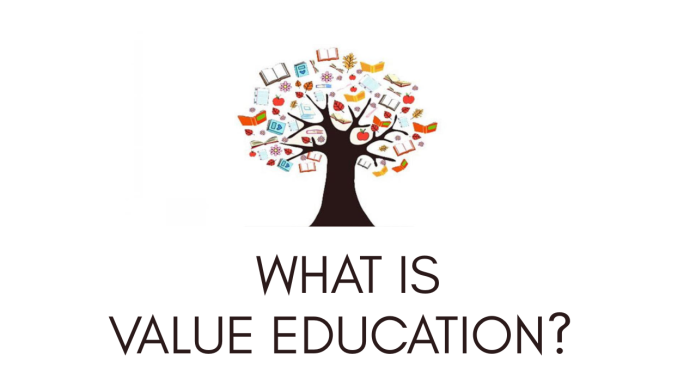Value education is the process by which moral, ethical, and fundamental ideas are taught and developed in pupils. Its main goal is to encourage qualities like sincerity, compassion, respect, integrity, and accountability. If you are reading this blog, it could be assumed that you are interested in learning what is value education. Here, not only will we tell you what it is, but we will also explore its aims, importance, etc.
Value Education acts as a guiding value for people in moral decision-making and helps them to develop a well-defined sense of right and wrong. Through this style of instruction, students’ character and emotional intelligence are developed, hence becoming an essential component of their all-around growth.
We are already done with define value education, so let’s move forward to explore the elements that are included in it.
Fundamental Principles of Value Education
Fundamental instructional values of value education cover a spectrum of topics about morality and citizenship, including empathy, equal opportunities, care for health, critical thinking and respect for the environment.
Through mentally and emotionally living events from the perspectives of others, we improve our ability to settle conflicts and grasp diverse points of view. Paying attention to the ecosystem, Value education promotes respect for the natural world and helps us see how our deeds affect the Earth.
Health education inspires good attitudes and confronts health education from a lively, personal and community viewpoint so that we can lower health risks.
To incorporate these values in your child, you can also take help from a value education book, which will further guide you on how to develop values in your child.
What are the Objectives of Value Education?
Value education aims to grow moral standards that help create more civil and democratic societies; it goes beyond only academic training. It aims to bridge the gaps formed by political, cultural, and religious divides with a special emphasis on protecting human rights, protecting ethnic minorities and vulnerable groups, and conserving the environment by advancing tolerance and understanding.
One must understand that values education is a shared responsibility involving families, colleges, companies, and sporting organizations, not only in classrooms; rather, all of these offer great opportunities to transmit these moral standards.
What is the Need for Value Education in Developing Personality?
Personal development of a person heavily relies on value education, which therefore, showcases the need of value education. It improves a person’s emotional, cognitive, and moral qualities. It shapes one’s character and promotes self-awareness by instilling fundamental values including integrity, compassion, respect, and accountability. These fundamental principles are essential for making moral choices, resiliently dealing with life’s difficulties, and fostering genuine connections with others.
Additionally, encompassing fundamental life skills like good teamwork and communication guarantees all-around development. Fundamentally, value education prepares people to live their full potential and contribute positively to society in addition to developing personal character.We hope that after reading this blog, you were able to get the answer to your question, ‘What do you mean by value education?’.

